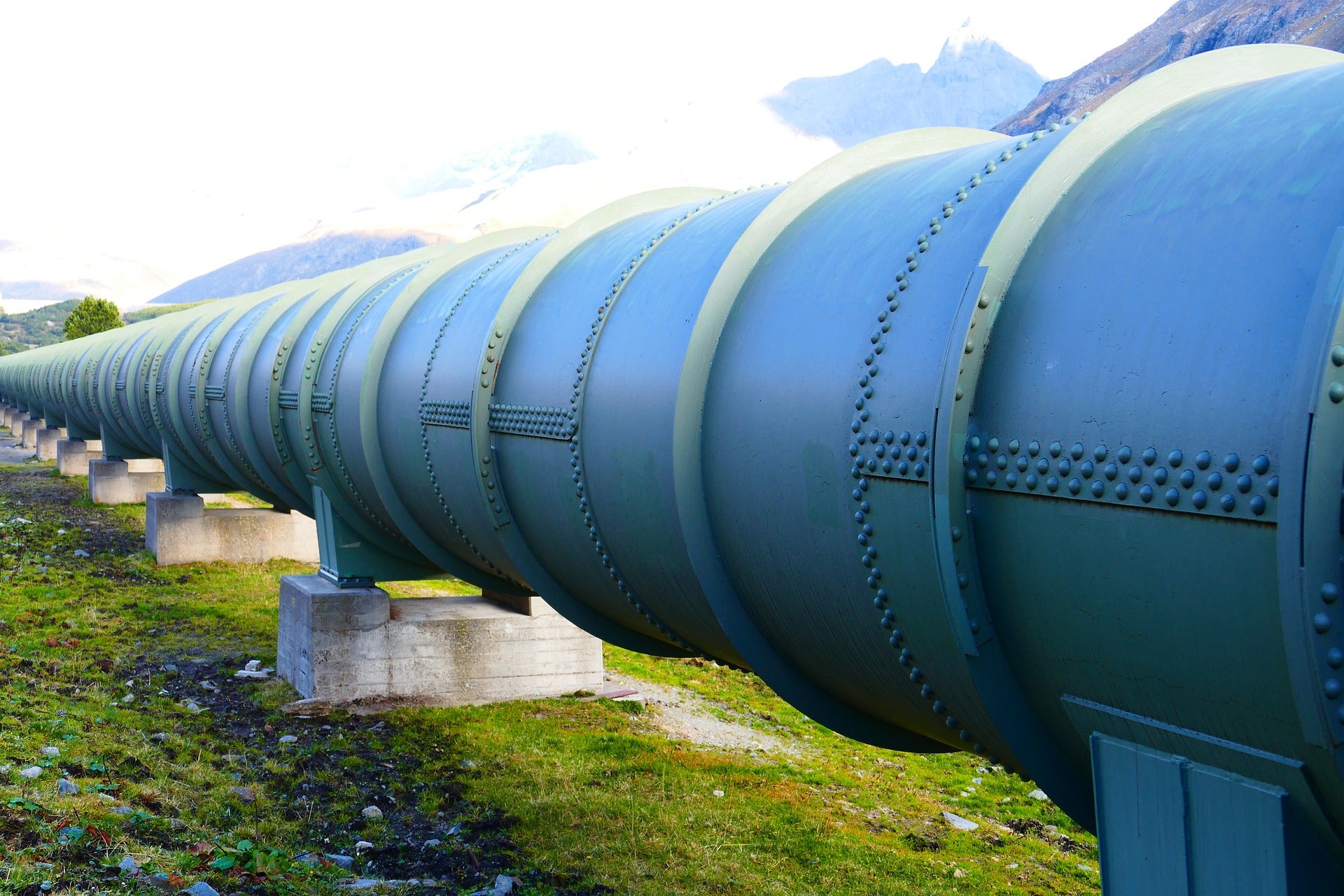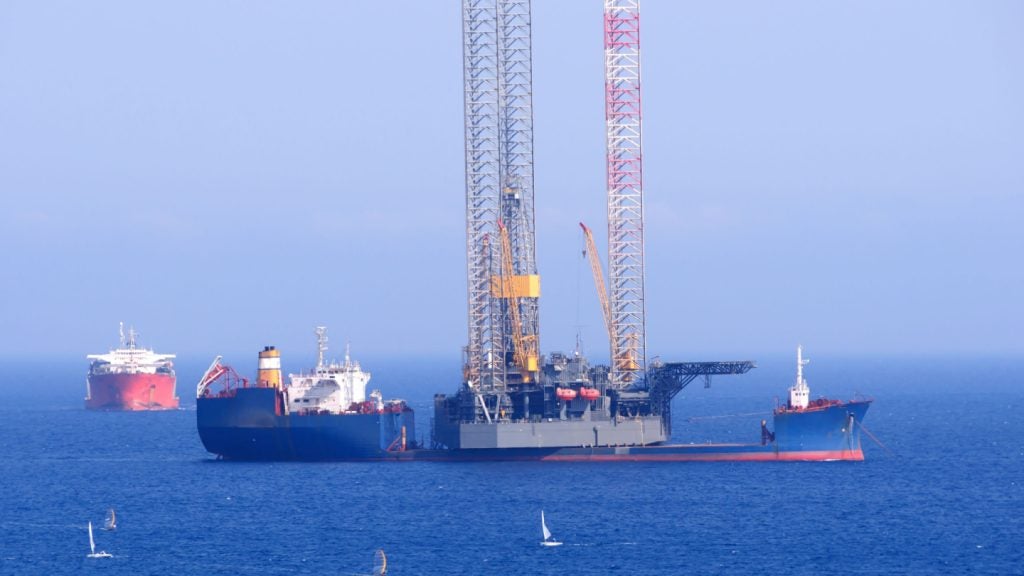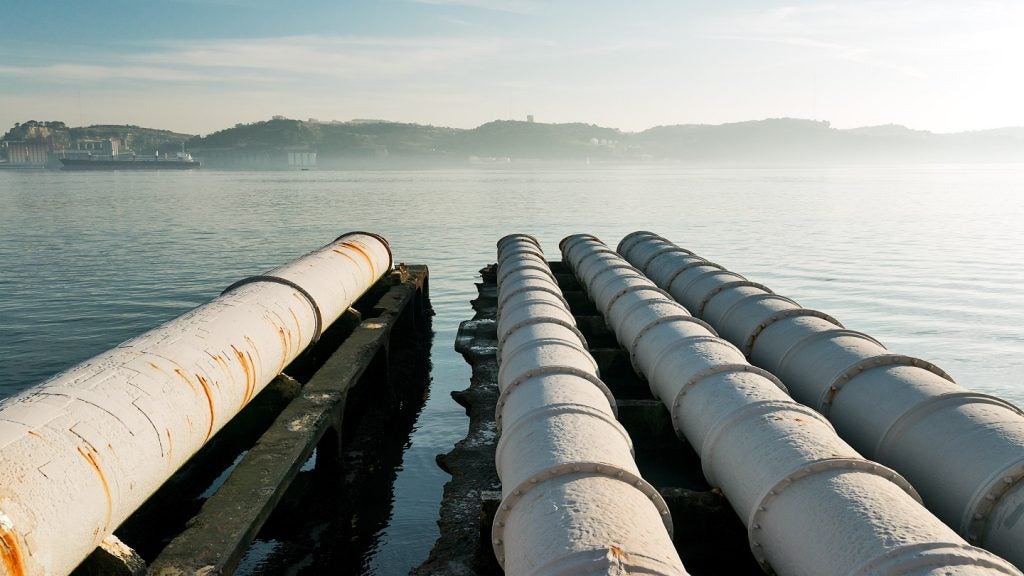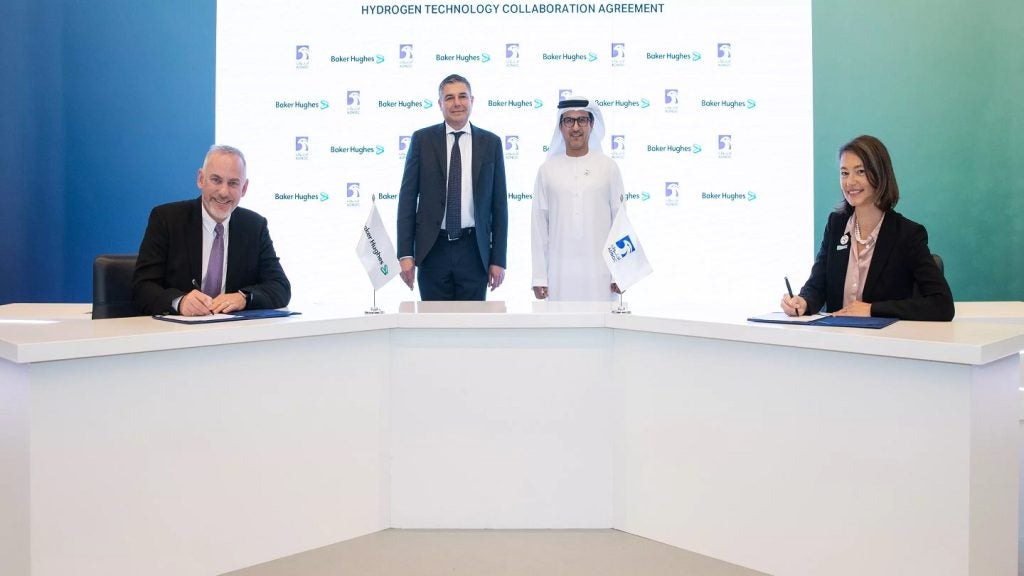
Germany is planning to develop a 1,800km hydrogen energy pipeline network by 2027, reported Reuters, citing an economy ministry draft strategy paper.
According to the paper seen by the news agency, the government’s proposal would see state participation.
The project is aimed at helping Germany strengthen the use of blue hydrogen and transition towards green hydrogen.
Blue hydrogen is extracted from natural gas and captures the CO₂ emissions in underground or subsea storage.
Following the invasion of Ukraine by Russia, Germany is looking to source cleaner energy and diversify its supplies to reduce its dependence on Russian gas.
To build the hydrogen energy pipeline network, a hydrogen network company is planned to be created, along with state participation, according to the paper.
The government is expected to present the proposed plan to the industry soon.
In September 2022, German Chancellor Olaf Scholz said the country intends to create an increase in hydrogen use to diversify its energy sources and meet its climate goals.
German pipeline operator Gascade recently said it completed the liquefied natural gas (LNG) pipeline project to the country’s gas network.
Planned to start operation in December 2022, the LNG pipeline has been designed to link the floating storage regasification unit (FSRU) to a landing station, as part of the Deutsche Regas’ Deutsche Ostee LNG project.
The European country also completed the construction of its first LNG Jetty at the North Sea port of Wilhelmshaven.





